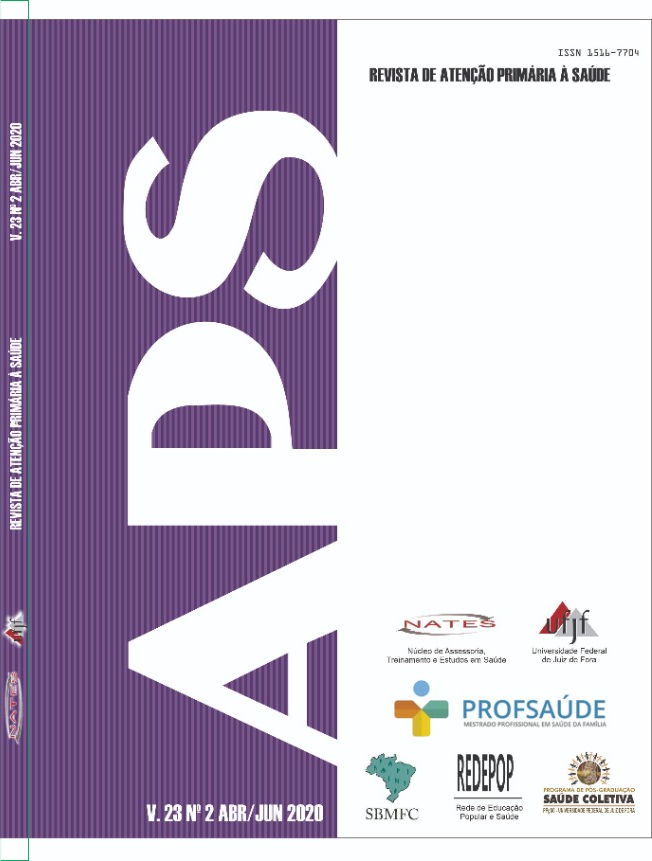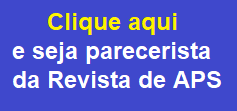O tratamento da tuberculose sob a ótica dos profissionais da Atenção Primária à Saúde
DOI:
https://doi.org/10.34019/1809-8363.2020.v23.27602Palavras-chave:
Profissional de Saúde, Terapêutica, TuberculoseResumo
O acesso à saúde, em especial, a Atenção Primária à Saúde (APS) é fundamental para o fortalecimento do Sistema Único de Saúde (SUS). Enquanto problema de saúde pública o controle da tuberculose (TB) depende desse aspecto, organizacional e de desempenho que se refere a primeira etapa do percurso realizado pelo usuário quando este busca pela satisfação de uma necessidade de saúde. Em vista disso, objetivou-se analisar as ações e estratégias para o tratamento da TB na APS no município de Porto Velho-RO, sob a ótica dos profissionais de saúde. Estudo descritivo, do tipo transversal e abordagem quantitativa. A coleta de dados ocorreu por meio de entrevistas realizadas, mediante assinatura do Termo de Consentimento Livre e Esclarecido (TCLE), com a versão para profissionais de saúde do formulário “Primary Care Assessment Tool” (PCATool), cuja categoria de resposta varia segundo a escala Likert. Os dados foram analisados por meio de estatística descritiva, após aprovação do Comitê de Ética em Pesquisa, conforme parecer 2.585.934 CEP/UNIR. Foram abordados 401 profissionais de saúde durante a coleta de dados, entretanto 120 foram excluídos e outros 15 se recusaram a participar. Assim, 266 profissionais foram entrevistados, sendo 119 ACS, 77 técnicos/auxiliares de enfermagem, 43 enfermeiros e 27 médicos. A média do escore geral igual a 3,15 (às vezes) e 3,99 (quase sempre) para a dimensão acesso ao tratamento e formação profissional, respectivamente. Verificou-se um desconhecimento quanto as barreiras de acesso enfrentadas pelos usuários, bem como divergências entre as categorias profissionais, o que evidencia a fragmentação da assistência. Nesse sentindo, é essencial ampliar a capacitação a todos os membros da equipe de saúde e associá-la ao contexto social da comunidade.











